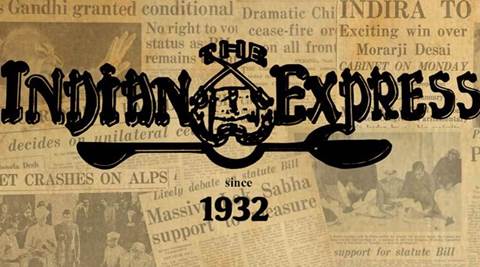Opinion Not for Children
With millennials all grown up, super-hero films are maturing too.

Wolverine isn’t wearing a costume any more — neither yellow spandex nor black lycra — or even going by his wild alter-ego. He has aged, as has his mentor, and they are dealing with the existential dread (amid gratuitous violence) that comes with that. Logan, the latest film in the X-men series is, unsurprisingly, meant for adults, according to nearly every film certification agency in the world. As millennials are growing up, so are the characters of the fantasies and stories they have been fed on for over 15 years. And for those worried that the big-budget superhero movie was killing mature themes in Hollywood’s mainstream offerings, there is still hope.
The trend established by X-men (2000), Spider-Man (2002) — of big-budget films, with cliché plots, relying solely on the most vanilla iterations of the comic books that are their source material — has been challenged for some time now. These “family movies” have become more violent, explicit and even political. Deadpool (2016), one of the highest grossing Marvel films, was a dark comedy that had everything from sex and swearing to decapitation. Christopher Nolan’s Dark Knight series brought an apocalyptic, anarchist edge to Batman that had not been seen outside the comic books and graphic novels.
Movies based on comic books have become a staple, with at least a few releasing each year and dubbed in multiple languages across India and the world. That mass reach, perhaps, forced their makers to stick to visual effects extravaganzas with passable, if cliché, plots merely serving as a vehicle for the sensory experience. The market, however, has changed. The children of 2000 are adults, and it seems they are still the driving force for superhero films. Luckily for Hollywood, there’s enough source material in the comic books they can draw on to keep their customers happy.


